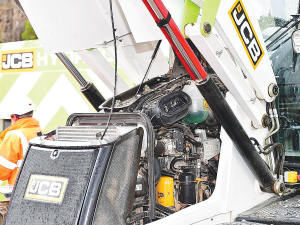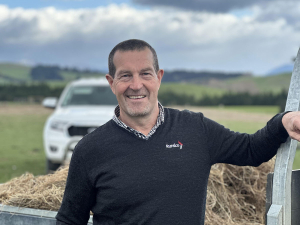After establishing its own engine facility in the UK in 2004, followed by an Indian plant in 2010, JCB currently builds around 500 of its Dieselmax engines every day and hit the one million units milestone in late 2024.
Over the last few years, the enthusiasm of JCB chairman Sir Anthony Bamford for hydrogen combustion appears to be starting to pay dividends, as 11 licensing authorities across Europe have been approved for the general sale of hydrogen-powered machines. These include the Netherlands, Britain, Germany, France and Spain, with more countries expected to follow suit later in 2025.
A JCB spokesperson suggests that clearing this hurdle is a landmark moment in the development of this alternative fuel, with the decisions reached by the company’s dogged determination.
Looking at the broader picture, other engine manufacturers have adapted engines to run on hydrogen and offer them as a variant of their ICE offerings. By contrast, JCB has taken a more integrated approach, by designing machines for hydrogen power rather than optioning an add-on.
Sir Bamford believes that starting the new year with these certifications in place in so many countries bodes well for the future of hydrogen combustion technology. He also notes that JCB has shown that hydrogen combustion is a proper zero emissions answer for construction and agricultural equipment and has a major part to play in moving away from reliance upon mineral oil.
The Type approval/ certification of the hydrogen engines will pave the way for the sale and use of them right across the UK and Europe, while also complementing battery- powered electric industrial and construction machines.
The company claims to have produced 130 evaluation engines which are currently powering backhoe loaders, Loadall telescopic handlers and generator sets, leading to real world testing of the equipment on customers’ sites at an advanced stage.
As well as producing a viable alternative to diesel power, JCB is also looking closely at the distribution and storage of hydrogen, having teamed up with investment specialists HYCAP, and an Oxford-based hydrogen engineering company called HydraB, to form a new joint venture called HyKit, to deliver the required fuelling and storage infrastructure. This year the new company will build a range of products to assist hydrogen distribution, including mobile compressors, storage tanks and refuelling systems.
HydraB, formed by Lord Bamford’s son Jo, has a wealth of experience in this field, having spent a great deal of time and energy promoting hydrogen as an alternative fuel in the UK, much of it gained by being owners of Wrightbus in Northern Ireland.



















